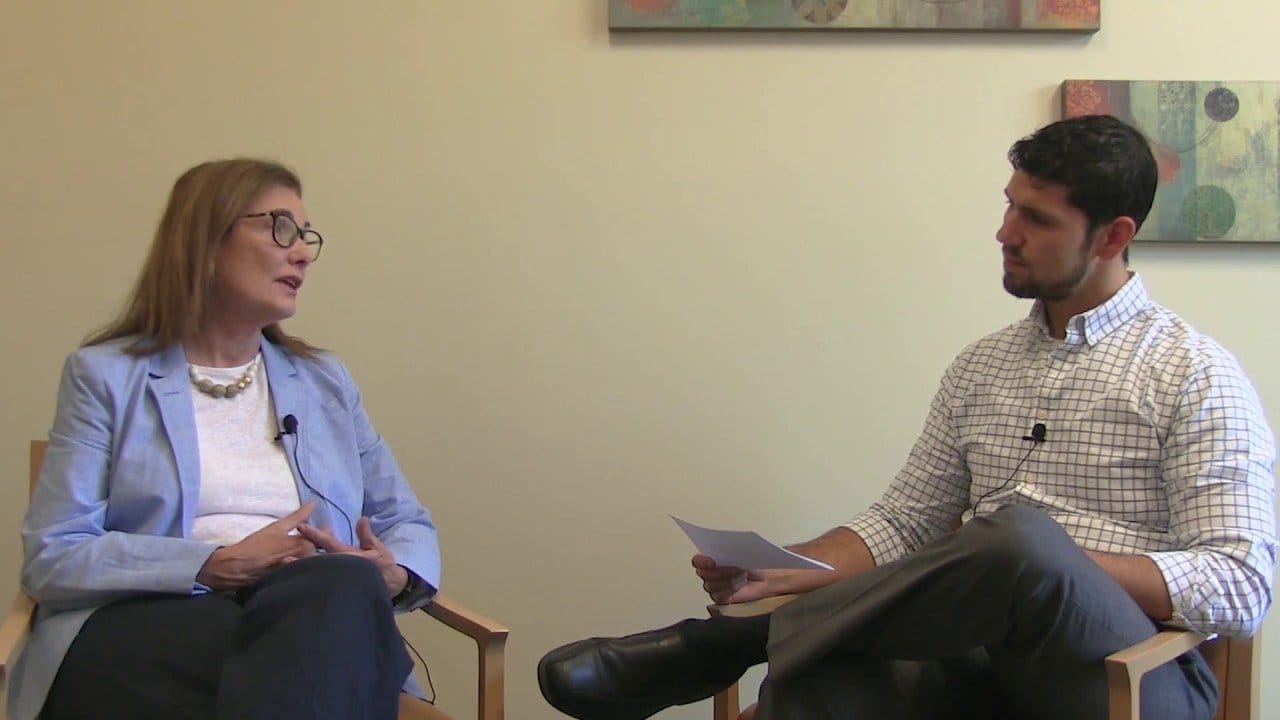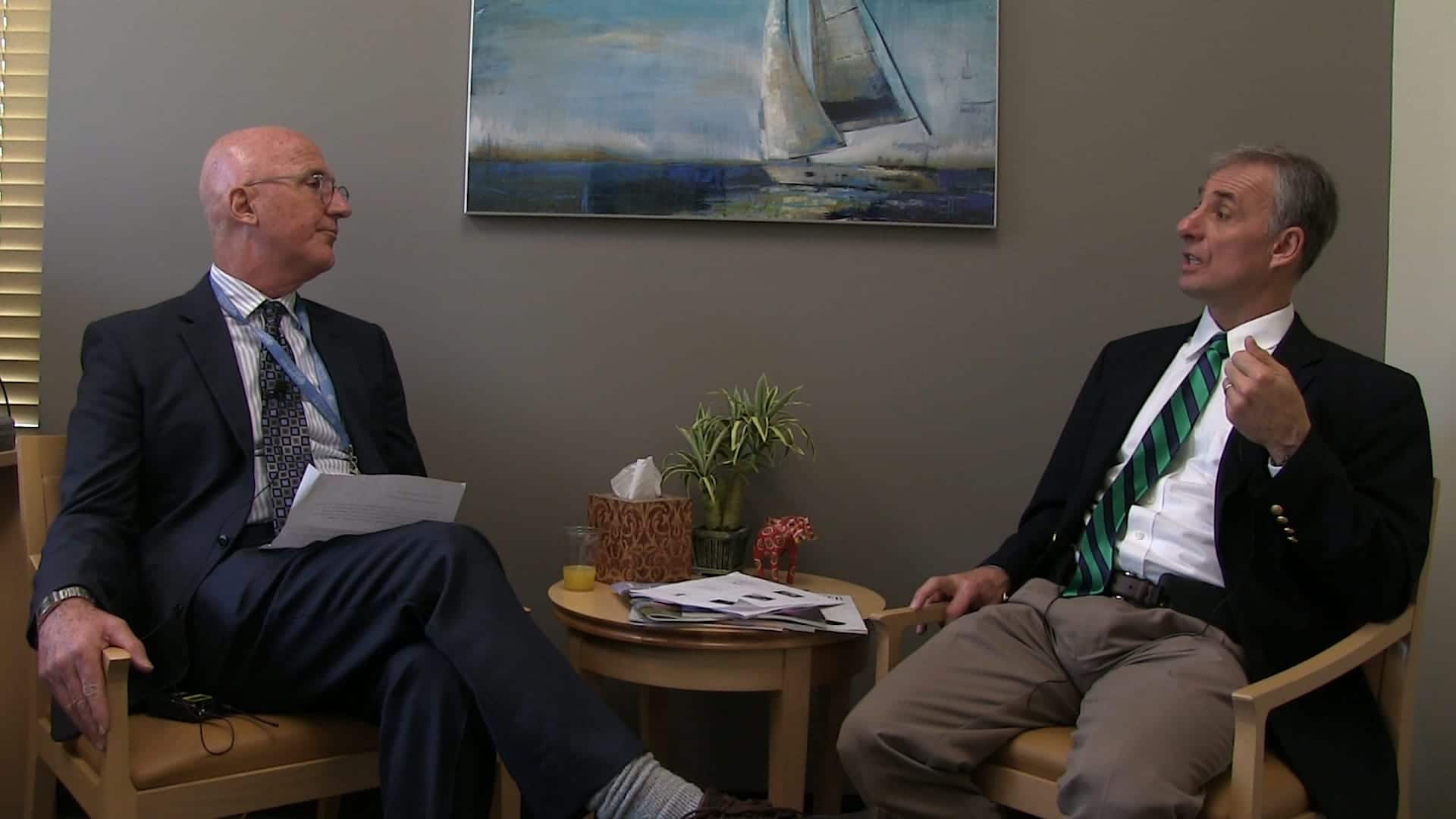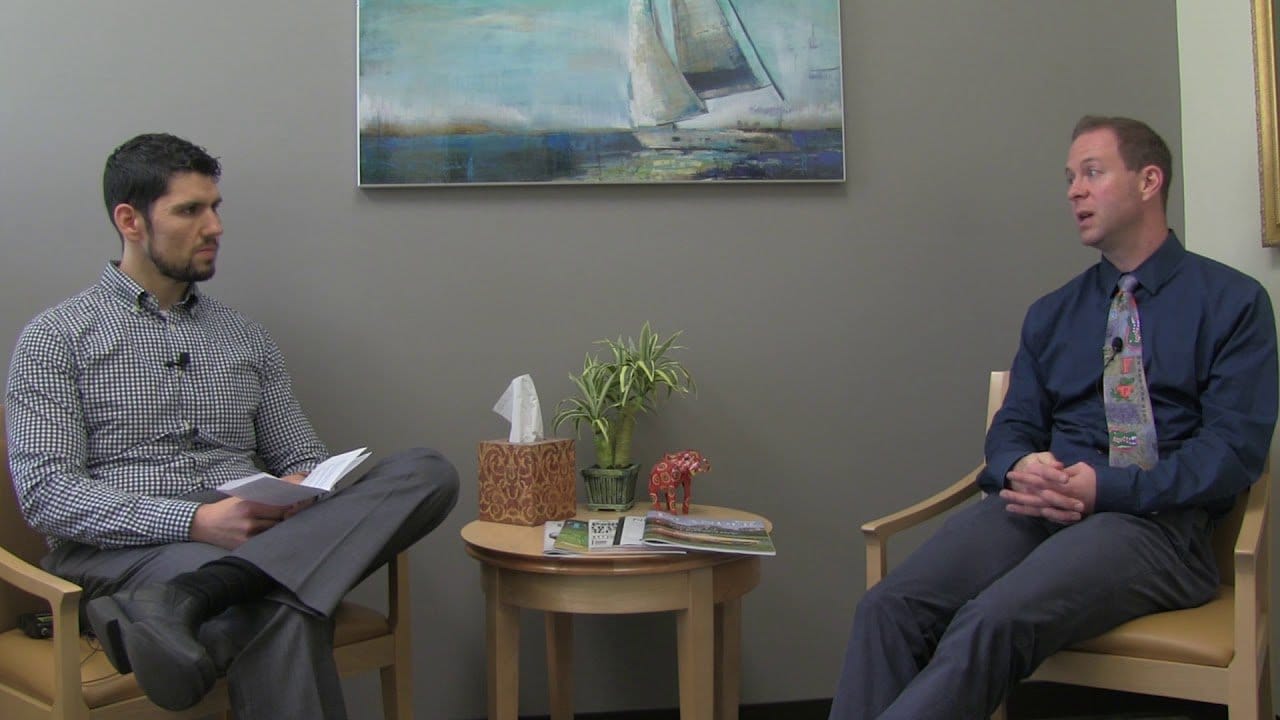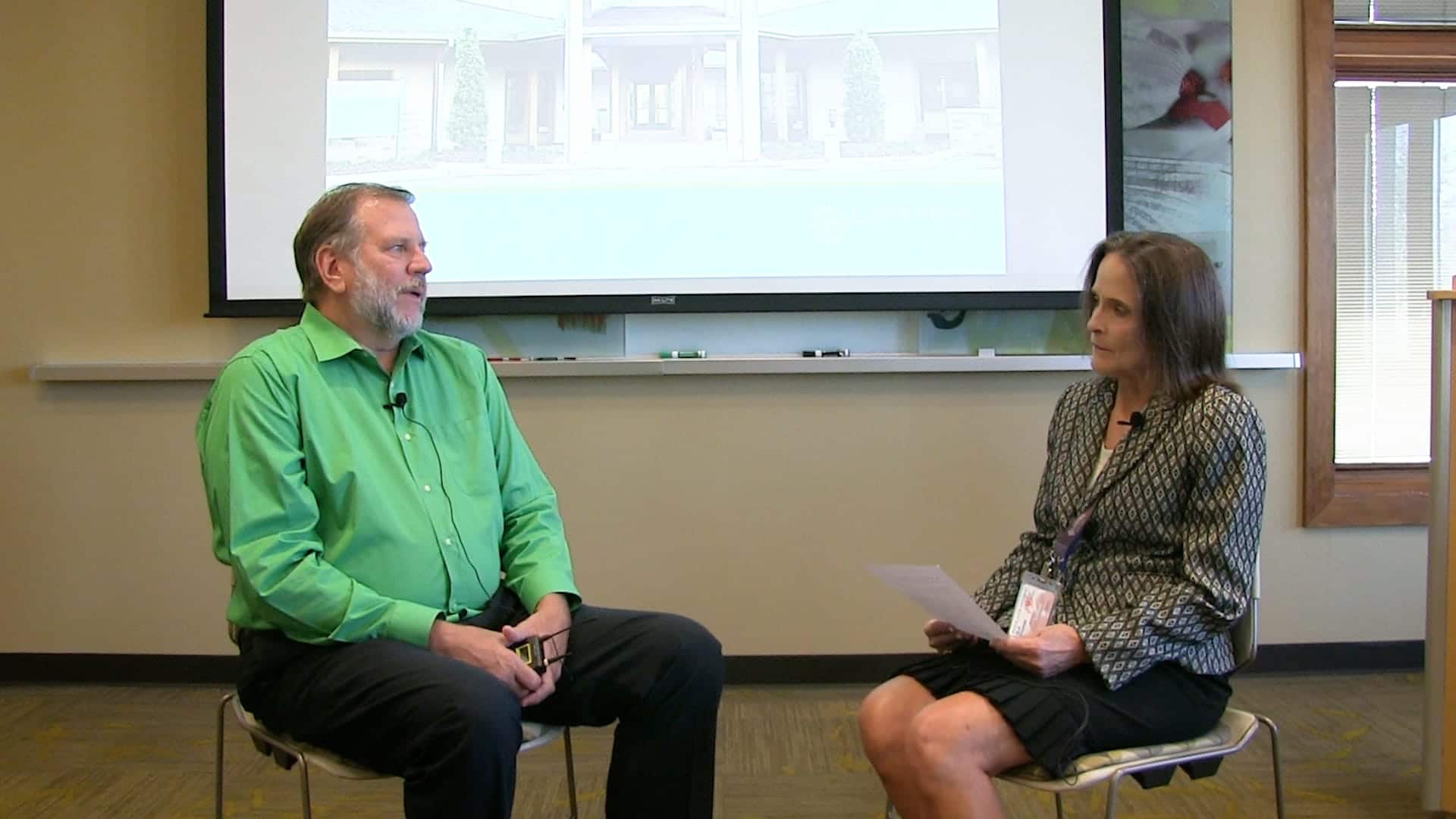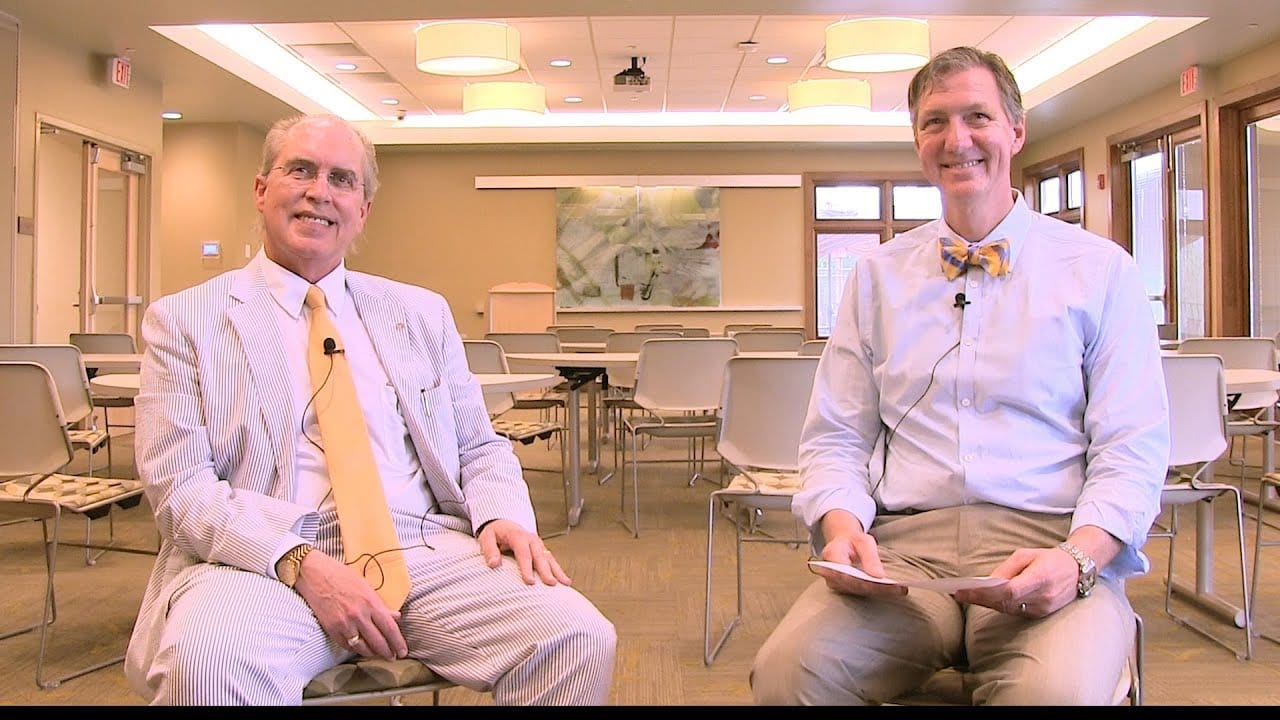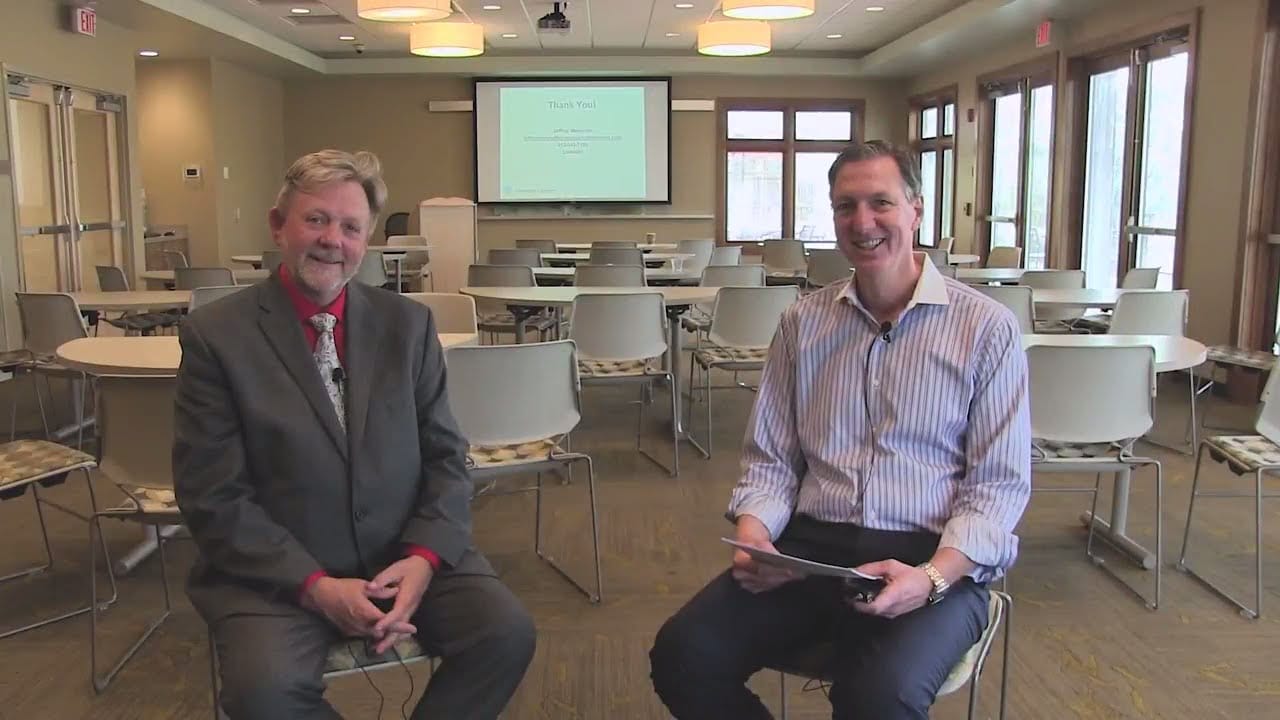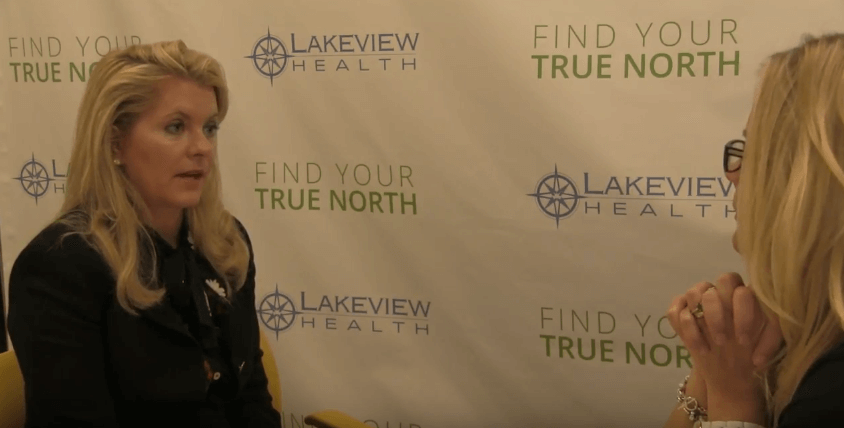

By: Lakeview Health
Podcast Transcript
Gina Thorne: I’m really excited today to be joined by Whitney Jones who is with Sober Life Services. She is a personal sober coach out of Atlanta, Georgia. Welcome, Whitney! Whitney Jones: And interventionist. Gina: And interventionist, yes. It’s nice to have you. Whitney: Thank you. Thank you for having me. Gina: Well I was able to take a look at your website and see some really cool stuff that you’re doing, but the listeners would want to hear more about your background. You’re a licensed clinical social worker, but you’re also a sober coach. So what got you on this journey of working with recovery and helping families and individuals with sobriety? Whitney: Well I’ve been in the industry for about 20 years, working in and out of the field of addiction and I started 20 years ago working at Ridgeview Institute in Smyrna, Georgia, in the addiction unit, the eating disorder unit for women, and the psychiatric unit. I also worked at Grady and the Atlanta Children’s Shelter, I worked at Charter Peachford, and the only difference there was I did work in the geriatric unit, and I worked at Anchor, and about 7-9 years ago, I’m not sure exactly when, I got involved with Sober Escorts which is owned by Rick Parrish and I started doing sober transportation for him as a part-time position. Then two years ago, I opened Sober Life Services and started doing a lot of sober transportation and sober coaching to begin with and now I do interventions. I’ve been trained under the Araz Model and I’ve also took training from Bradley and some other leaders in the industry as far as interventions go. Gina: You’ve got some great connections with some pretty impressive people in the field. That’s fantastic. Whitney: Yeah, being able to train under the individuals that I’ve learned from like Bill Tracey, Gene Campbell, and Bill Maher, and Judith Landau is a great experience for anyone who wants to do interventions. Gina: And Brian O’Shea! Whitney: Brian O’Shea is a colleague and a friend. Gina: Uh huh, he’s a great guy! Whitney: And a great mentor. We actually collaborate on a lot of interventions together and I love working with Brian O’Shea. Gina: Yeah he’s the real deal. Whitney: He IS the real deal. He is extremely knowledgeable about addiction, about family, about how to conduct yourself in marketing. I mean, he has a vast array of experience so I’ve really seen him as my mentor throughout this entire process of opening Sober Life Services. Gina: All a perfect fit for you to open just a couple of years ago and so, you’re based out of Atlanta and you have a really strong 12-step approach. Whitney: Absolutely. Gina: Can you tell us a little bit more about your model for supporting recovery? Whitney: Yeah, I encourage sponsorship, 12-step meetings, as many as you can get to. I do a lot of case management in my sober coaching as well as my interventions so I am very much on top of the client that I am working with, meeting them where they are and clients come to me from all different phases in their life. You know, whether they’re ready for an intervention, or they’re ready for a sober coach, or they need treatment for detox, then I assess the situation through a very thorough assessment and if they need detox they have to go to treatment in order to receive the detox and so they always don’t need me, but I do a lot of referrals. I get a lot of my clients from therapists, treatment centers, you know, all sorts of ways. I do a lot of CBT and DBT with my clients, especially the sober coaching piece. My interventions, I like to call them very loving and supportive. They’re very thorough, they’re based on the Araz approach and they’re very detailed. I do a very, very thorough assessment. Gina: And you spend time with the families after? Whitney: I spend time with the families for a year after and normally talk to the families throughout that year constantly. Whether there’s something coming up or not coming up that’s a crisis, I’m still engaged with the family no matter what. Gina: That’s wonderful. Whitney: Yeah so I’m engaged with the family for a solid year. Gina: That’s great. So you place patients in treatment, so what are you looking for in treatment facilities when you’re making that decision to refer a client to treatment? Whitney: I look for a JCAHO accredited treatment center. I look for the right fit for the diagnosis that I made through my assessment to fit with the right treatment center because I don’t want a client to go to treatment more than once because they didn’t get it all the first time around. And I’m not affiliated with any treatment centers so I can refer wherever I think is the best fit which I think is really important as an interventionist to be able to do that. And I ask things like, “Do they need trauma work?” “Is their primary diagnosis alcohol and drug or is it an eating disorder?” And if they have a secondary disorder, say primary was addiction to alcohol and secondary was an eating disorder, I make sure that treatment center is equipped to handle that secondary fashion. Meaning, they have qualified credentials and therapists there that can tend to the secondary diagnosis. I like it too, when I go into a treatment center and the therapists are trained in lots of different modalities. I like to see the therapists that are licensed in the field and I like to meet everybody from the top down because I feel like I get a sense of the culture and it’s important for me to describe the culture to my client so they are aware of what they are walking into and there are no surprises. So when I go to a treatment center, I kind of absorb as much as I can about what it would be like to be a patient here. Also, make sure that there’s an excellent quality of clinical care but I don’t refer to a treatment center unless I have visited and I have met the staff and then I’m able to refer, otherwise I don’t refer. So I’ve spent the last two years traveling around seeing many, many treatment centers as a result of that. Gina: But it’s good due diligence to do that because you’re being very transparent with your clients and with your families in saying, “I’ve been there, I’ve seen it, I can tell you what the staff is like.” And all of that is so important for families when they’re trying to make that decision. Whitney: Right. And you know, there’s a lot of ethical considerations to take into account as an interventionist and I’m responsible for making sure those are followed through with. Gina: Absolutely. Well speaking of impressions, this is your first visit to Lakeview. What’s your thought process around Lakeview? Whitney: Wow! I mean, like, I have been here before, before you did renovations and this is 100% a different place. Physically, this is beautiful. I mean, these are amazing grounds and I think after speaking with your CEO I think you’re headed in a direction to become one of the premier treatment facilities nationwide. Gina: Thank you for that. Whitney: And from listening to him and how genuine and sincere he is, I think that’s his goal, I think he’s already doing it with his employees and I think that if you work here, you’re probably already aware of the benefits of working underneath someone like him and I think it’s going to transfer to the patients as a result. Gina: It has. I can, you know, speaking from experience, we’ve absolutely seen that trickle-down affect with our servant leadership culture. So I’m glad you got a chance to sort of feel it. Whitney: I was pleasantly surprised to have lunch with him and hear the importance he places on his employees and the same importance on the client. But you know, placing the importance on the employees, I don’t see as often as I would like. Gina: Well they are the ambassadors and the soldiers who are working directly with our patients so if they’re not happy… Whitney: It makes so much sense. Gina: It would be nice if everyone could do that. Whitney: Yeah! Gina: So how would someone, if they’re listening or watching today, if they wanted to access your services, how could they get in touch with you? Whitney: They could get in touch with me by phone which is 404-788-8000 or they could get me on my website which is SoberLifeServices.com. Gina: Very good! Well thank you Whitney for joining us in Jacksonville. Whitney: Thank you for having me! Gina: We look forward to working together and those of you that are listening and are interested in learning more about Lakeview we invite you to visit us at lakeviewhealth.multiplica.dev or you can also contact us at 866-460-8146.
